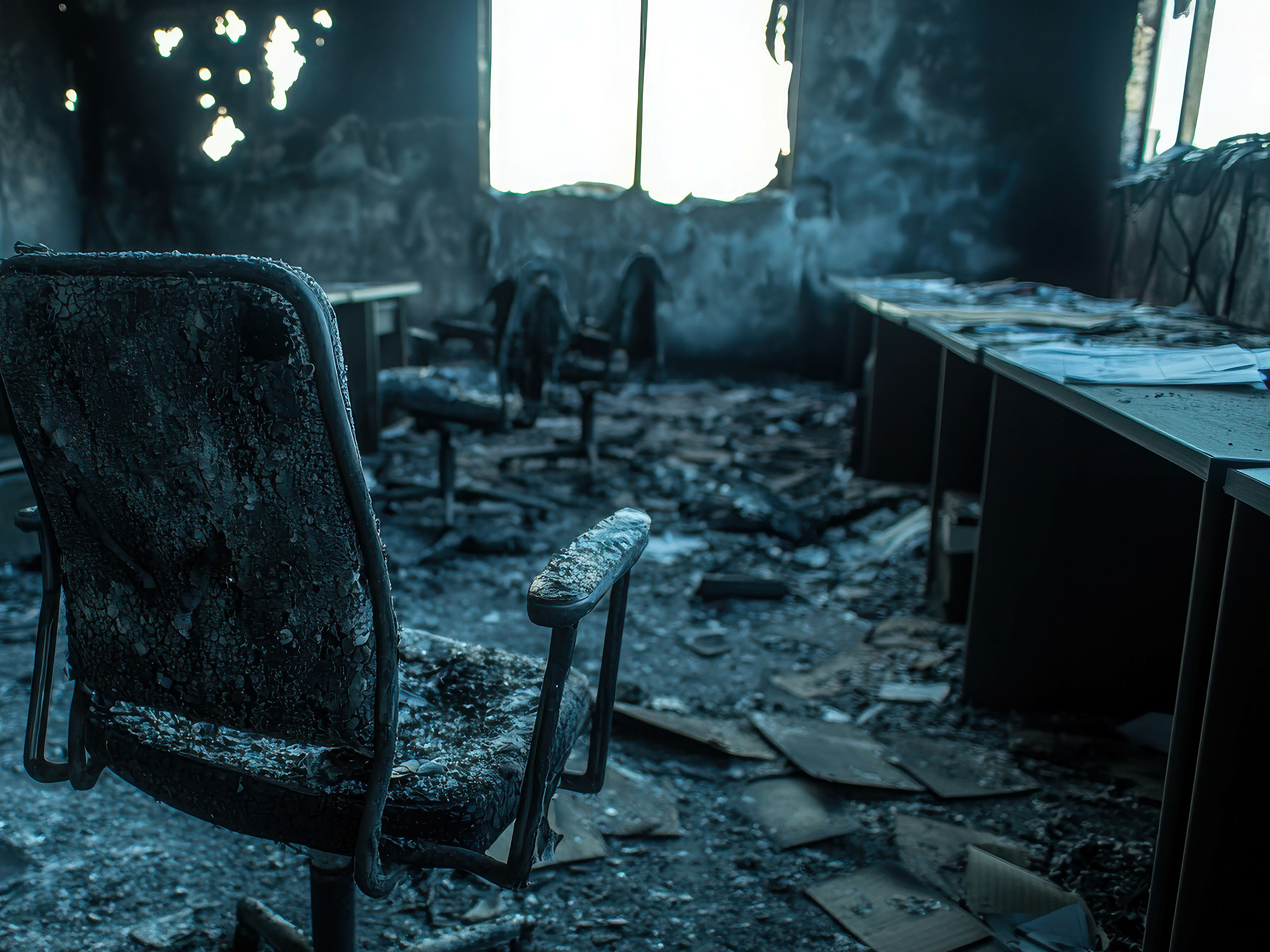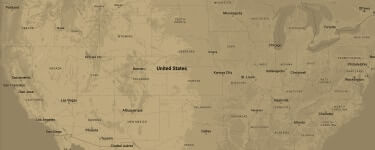Homeowners insurance isn’t something you buy every day, says Kevin Sullivan. President of Paul Davis Restoration of North Virginia. “Taking time to review the ins and outs of coverages that are available – before meeting with your agent or broker – is time well spent.” First some basics. There are three major types of home insurance coverage … each covers specific expenses you might incur … each has specific limitations as to what is and is not covered. Always remember that ‘the devil is in the details.’ So read the policies you are considering completely with close attention to the details.
Dwelling coverage provides expense reimbursement for clean-up, repair and/or replacement should the structure of your home suffer damage.
Personal property coverage extends reimbursement, replacement, or repairs that insures your belongings inside your home.
Liability coverage pays for another person’s medical and related expenses should someone be injured on your property and comes after you for medical and other expenses they incur.
Sullivan suggests that knowing the answers to the twelve questions below reveals the best coverages for your situation and your budget.
- Do I have enough insurance to rebuild my home if it is destroyed?
- Do I need flood and earthquake insurance? What would be the cost?
- Does this policy cover water damage, including damage from sewer, drain or sump pump backup?
- Do I have enough coverage to replace all of my belongings?
- Should I increase my coverage limits over time to cover updates that I make to my home?
- Am I eligible for any discounts?
- Are there any improvements that I can make to lower my premium?
- If something happens, how do I file a claim?
- How do deductibles work with my policy?
- Am I protected if someone gets hurt on my property?
- Can I buy extra coverage for liability?
- What is excluded in my policy?
If you have questions not listed above, don’t be shy. Your homeowner’s insurance is important, whether your home is mortgaged or fully owned. If your home is a rented property, you still should consider Personal Property and Liability insurance. Personal Property will cover your contents. Renters’ liability insurance may pay for legal costs if someone sues you for situations such as accidents within your home or dog bites. Renters’ liability insurance is not mandated by law, but your landlord may require it in order to sign your lease.











